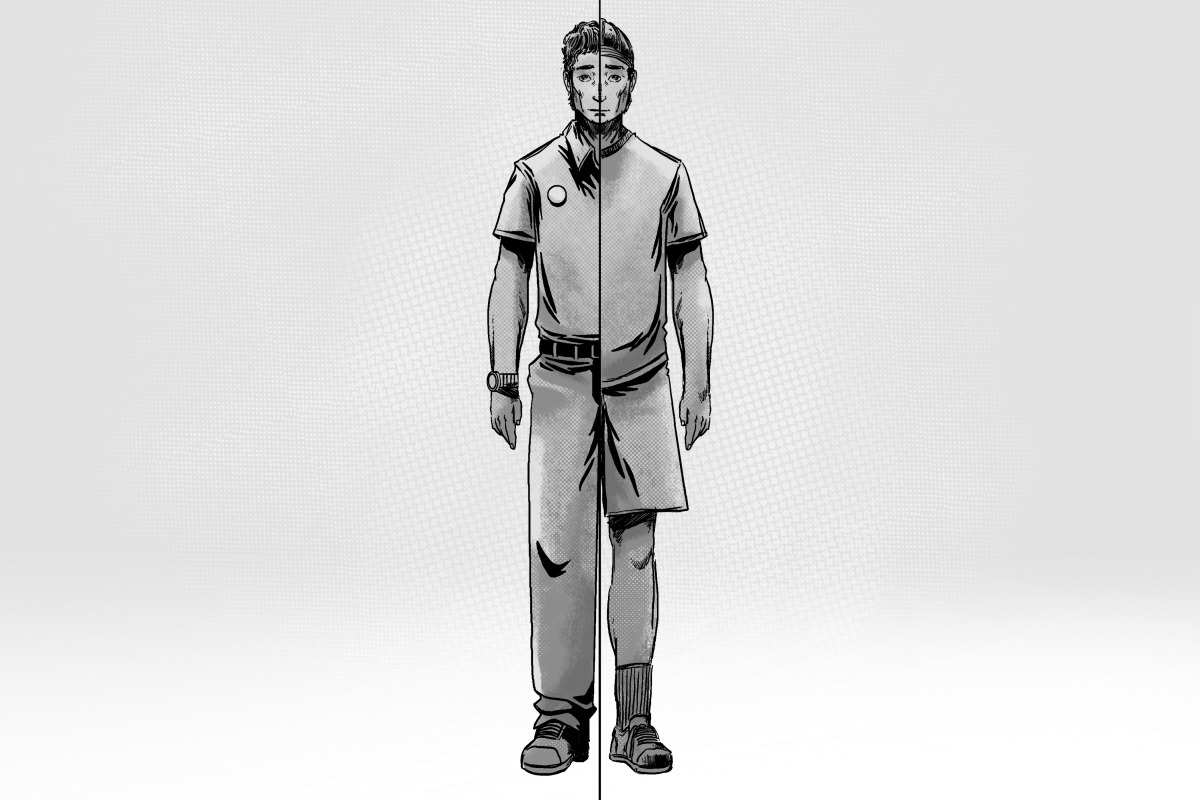People will always debate the pay for play argument. Cases can be made for both sides, but the bottom line upon which debaters agree is that no one can come up with a system to pay student-athletes that is fair for every school and every sport — such a system simply does not exist.
In “The Sport Journal,” current NCAA President Mark Emmert said athletes cannot receive remuneration for their athletic services because they are amateurs.
“No, it will not happen — not while I’m president of the NCAA,” Emmert said.
While student-athletes do play as amateurs, the NCAA and universities exploit these athletes by making money off of their performances and not giving any of that money to the performers. For example, Mississippi State University quarterback Dak Prescott does not make even a penny when consumers buy his jersey, but he puts in the work every single day, and he is the one who performs on the field every Saturday during the fall to bring in money for the university.
But, like I said, a system to allow the NCAA or universities to pay student-athletes besides scholarships seems to be a circular thought with no solution.
Steps are being made, however, to end the possible exploitation of student-athletes. Steve Berkowitz of USA Today and Stewart Mandel of “Sports Illustrated” reported Friday that there will be a trial for former UCLA basketball player Ed O’Bannon’s lawsuit that he filed four-and-a-half years ago to end the rule restricting student-athletes from making money on their name, likeness and image. The trial will take place June 9.
Michael Hausfeld, the attorney representing the student-athletes, said the NCAA and college sports will never be looked at the same as it was before this case.
“We’re not asking for any money to be paid,” Hausfeld said. “We are asking for the restraints to be removed … and then the market will determine how it plays out.”
This trial will mark the first time the NCAA amateurism principles are the subject of a trial. Hausfeld and O’Bannon will seek to provide student-athletes licensing of their own name, likeness and image from broadcasters, the NCAA and universities — similar to the task of unions in professional sports.
Earlier this year, ESPN’s “Outside the Lines” reported a group of student-athletes from Northwestern University were attempting to create a union that would represent college athletes and potentially turn them into employees. Players from schools such as Northwestern, Georgia and Georgia Tech started wearing #APU on their uniforms for the “All Players United” movement.
Northwestern quarterback Kain Colter led the movement and said the union would seek to be a part of the decision making process in college athletics.
“A lot of people will think this is all about money; it’s not,” Colter said to the Chicago Tribune. “We’re asking for a seat at the table to get our voice heard.”
Members of the National Labor Relations Board still investigate and debate this request and had a hearing as recently as Tuesday.
Between O’Bannon’s lawsuit and Northwestern players’ attempt to create a union, the potential to force the NCAA and universities to somehow pay student-athletes more than just scholarships is present.
Allowing players to license their own name and likeness may be the best solution for this problem. This solution, however, seems to work only for football players, but those are the student-athletes who tend to argue the most for pay for play. But even so, would this be a fair solution?
Whether student-athletes licensing their own name would be a solution or not, the NCAA should think ahead and take strides to implement some sort of plan before more lawsuits arise. If not, unions may have the potential to take over college sports and student-athletes will turn into NCAA employees — exploited employees.
Face-off: Pay-for-play — an athletic viewpoint
Donate to The Reflector
Your donation will support the student journalists of Mississippi State University. Your contribution will allow us to purchase equipment and cover our annual website hosting costs.





















































































